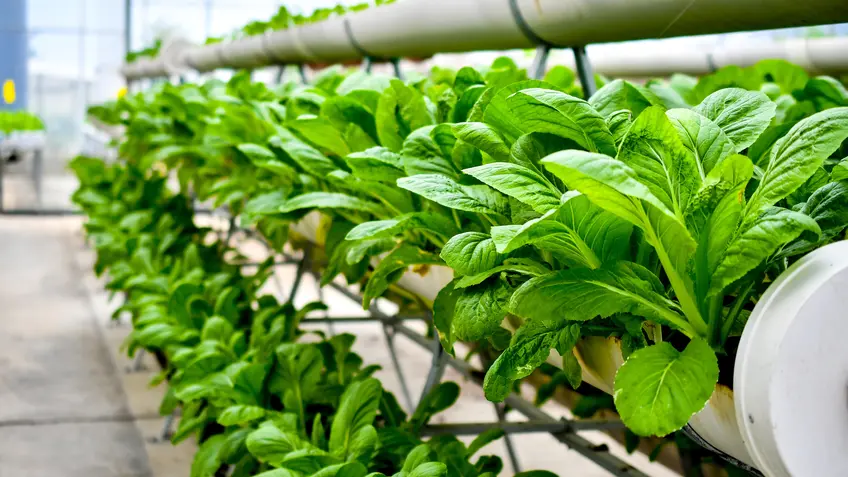Food Systems: Integrating Food into Country Climate Commitments
Photo by mustbeyou / Adobe
The world’s food system is “not fit for purpose.” Not only does 10% of the world suffer from hunger — a figure that has risen in recent years — but a full 30% of the food produced globally is lost or wasted, standing in the way of the goal to end world hunger by 2030. In addition, the global food system accounts for roughly one-third of all greenhouse gas (GHG) emissions and upwards of 60% of biodiversity loss in the last 50 years. Transforming agriculture and food systems is, therefore, crucial to meeting climate and sustainable development goals. In the context of climate change, such wholesale transformation must occur to remain below a 2-degree C temperature rise by 2100, a broad target agreed to in the Paris Agreement.
Including food systems in countries’ Nationally Determined Contributions (NDCs) can serve as an effective vehicle for making food systems more efficient, climate resilient and less emissions intensive. Increasingly, developing countries are requesting technical and financial support from the NDC Partnership to strengthen their climate actions related to food systems. Some of the trends identified are:
- Just under half of all countries requesting support from the NDC Partnership have requested support related to food systems. However, these requests are small in scope, reflecting only 4% of all requests for support received.
- Support is not keeping pace with requests. One-third are fully supported while nearly two-thirds are either partially supported or not supported at all.
- Requests cover mitigation and adaptation needs, with the strongest links to the agricultural sector, followed by links to energy and food and land use (FOLU).
- The areas where most support is needed relate to technical assistance for developing or updating Monitoring, Reporting and Verification (MRV) or Monitoring and Evaluation (M&E) systems and collecting data, developing capacity and developing bankable projects and pipelines.
A new Insight Brief, developed by the NDC Partnership Support Unit together with Climate Focus and the World Wide Fund for Nature (WWF), summarizes food systems trends and challenges.
The lack of universal definitions of food systems and limited tailored and targeted financing present significant challenges to strengthening and scaling support for integrating food systems into climate action. However, opportunities exist to strengthen support by adopting a holistic societal perspective — such as focusing on the transition to healthy, sustainable diets — and improving practical policy approaches, like strengthening coordination across ministries and support programs.
Given the important role food systems play in reducing GHG emissions and achieving climate-resilient and sustainable development, prioritizing them within the NDC context is essential in realizing bold, effective climate action. More information on NDC for agriculture and food systems is available in the guidance tool FOOD FORWARD NDCs. The NDC 3.0 process offers countries the opportunity to enhance the ambition and implementation potential of their NDCs in 2025.
